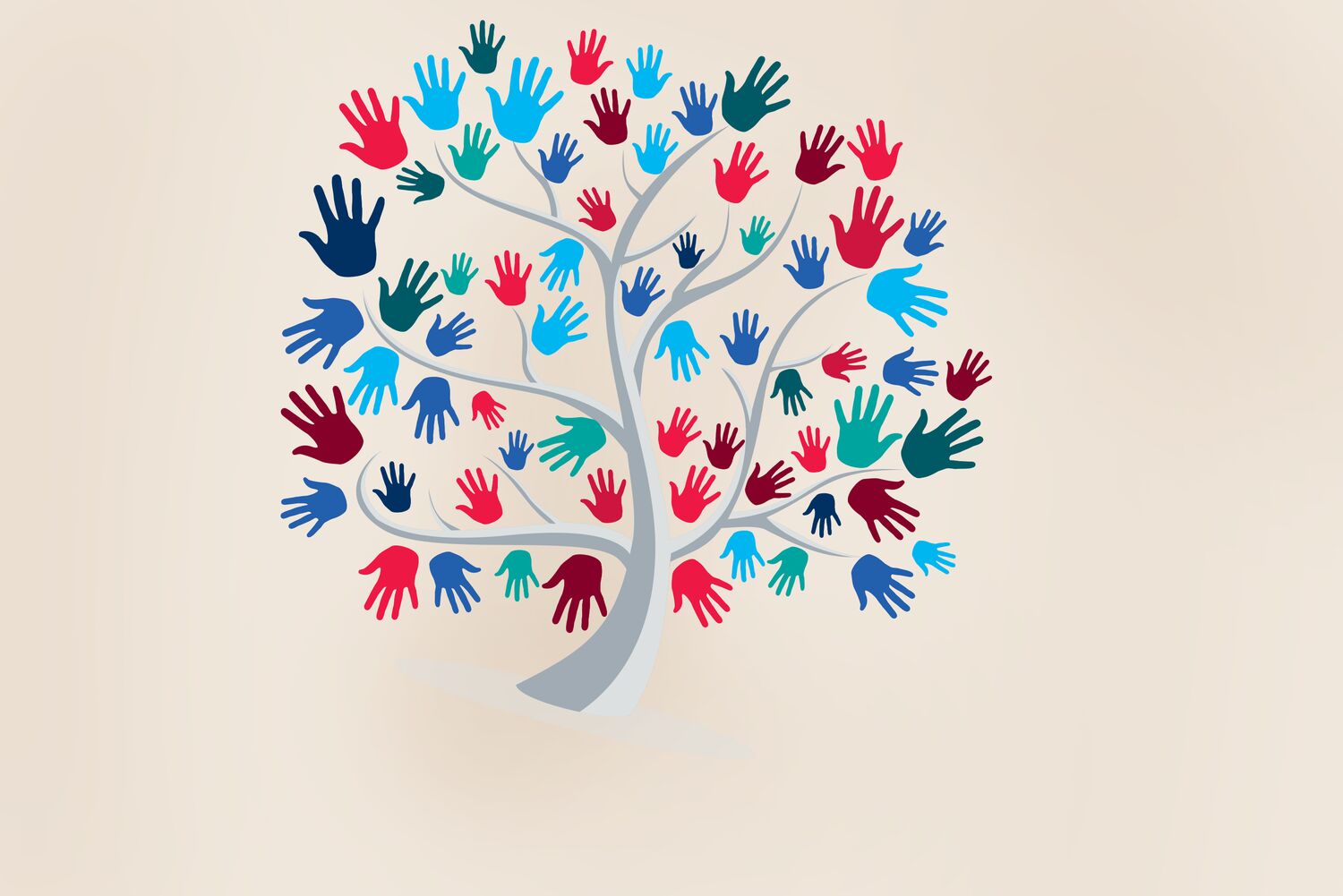Learning to speak the same DEI language

It is essential that every patient who enters a UW Health hospital or clinic feels that they’re in a diverse and inclusive environment that fully supports their care and healing journey.
The same holds true for employees: Feeling confident that their work environment is supportive allows them to thrive and provide the best care possible.
To build on our commitment to becoming a diverse, inclusive, and antiracist organization, UW Health has made it a priority to embed diversity, equity and inclusion (DEI) as a foundational competency and strategic priority throughout the organization.
In 2022, a group of our nursing leaders collaborated with the DEI department to present a customized learning session for all nursing leaders. Entitled “DEI Tools Supporting Through Lived Experiences,” 22 directors and four chief nursing officers attended a half-day learning session while 73 nurse managers attended a day-long retreat.
“As nurses, we’re trained on a lot of things. It’s easy for us to talk to people about changes in health care, the newest vaccine or a new workflow, but for most people, it’s not so easy to talk about DEI,” said Lea Veltum, RN, General Internal Medicine Clinic Manager at 20 S Park St Clinic and 1102 S Park St Clinic.
She proposed DEI be the focus of the Nurse Manager Monthly Retreat. “Our hope was that more nurse managers would be comfortable integrating DEI learning with their nurses on a regular basis so that it becomes a core competency and part of how we talk about the strategic plan,” Lea said.
The learning sessions centered around DEI principles that are the foundation of the UW Health vision to be a leader in actively dismantling racism in ourselves, in our system and in our community. They included facilitated, small group discussions based on the real-life experiences of UW Health employees.
The nurses were coached on how to respond when an employee experiences a racial microaggression by using the LEADER Perspective: Listen and validate, express empathy and acknowledge harm, ask the employee what they need, do recognize the cumulative impact, ensure an antiracist and inclusive workplace and reach out to the DEI and Performance Management teams.
“I think for many it was very eye-opening. It was great to have difficult discussions and learning opportunities in a safe space,” said Tracey Abitz, DNP, RN, CTN-B, University Hospital director of specialty nursing services. “Intention does not equal impact—microaggressions are too common, but they can be interrupted. As leaders, we need to help change the language and the culture. Learning to speak the same language is helpful for leadership and transparency with our teams.”
In addition to DEI learning and professional development resources, the DEI department provides support to leaders who are looking for resources and tools to help their employees navigate concerns. The department also serves as a resource for Black, Indigenous and People of Color (BIPOC) and/or LGBTQ+ providers and staff to share their experiences at work.
“It’s so wonderful and supportive to have a resource like the DEI team,” Lea said. “Now managers can say, ‘I sat in that learning session, I know who to go to. I don’t need to react to this or solve this problem instantly. I can loop in other people and make sure that we do this right instead of just doing this fast’.”
Check out more stories featuring the great work of our nurses in the 2022 Nursing Annual Report (pdf).
